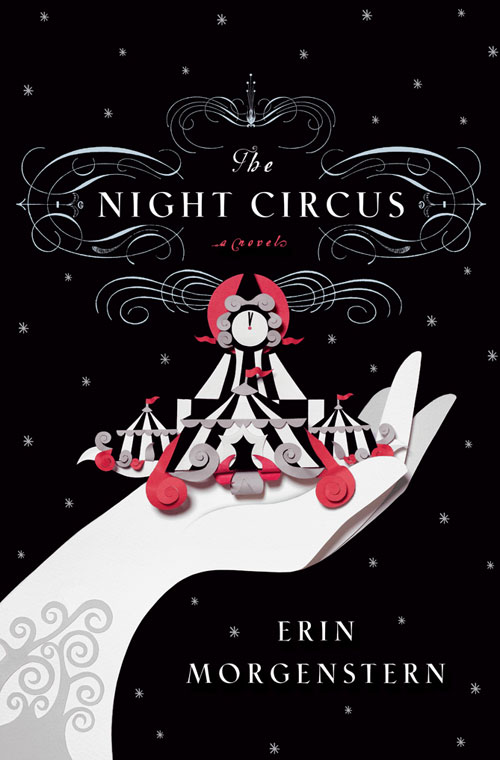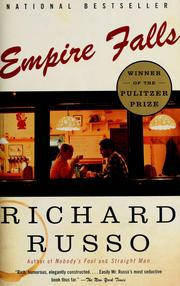So, I'll admit it: I watched Blossom when I was younger. I loved it and it had nothing to do with Joey Lawrence. And I've always loved the Young Bette Midler in Beaches. When I saw that Mayim Bialik had written a book and was doing the talk show rounds, I DVRed several of them just to see what she had done. Unfortunately, we are always a little surprised when a child actor grows up to be a productive member of society. Not only is Bialik productive, she has a PhD in neuroscience. Please let me begin by saying that I love smart people. I am fascinated by smart people. Now, I am aware that educated doesn't necessarily equal smart, but I feel pretty confident that I can tell the difference. Listening to Bialik speak in her interviews I feel confident that she is very smart, if perhaps a bit quirky with her ideas on parenting. My curiosity was peaked; I had to read her book.
Beyond the Sling is a book about attachment parenting and specifically about how Bialik and her husband make it work for their family. Some of what I read I really liked, other things were a little out there for me, but the best part of the book is the way it is written. Never does Bialik say, "You HAVE to do it this way! There is no other way. If you don't do what I do, you are a bad parent!" She very practically explains what works for her and her children while at the same time saying, "No one knows your child better than you do." If it works for you, great; if not, okay. She catches a lot of grief for the way she raises her sons and is kind and smart enough not to pass that along to anyone else.
The first two chapters are about having a natural birth and the importance of breastfeeding. These were easy for me to read because I loved nursing my babies (though I didn't do it quite like Bialik does) and I find the idea of natural childbirth intriguing. I won't bore you with my childbirth experiences, but I will say that I followed a well-paved road: hospital, pitocin (with my first child), and epidurals. With my first child, I didn't know what to expect despite the birthing class and numerous books I read. It was a very long labor and delivery. With my second child, everything went much quicker. I barely had time to relax into the epidural before it was time to push and be done. Oh, how I wish I had skipped the drugs because I have had problems with my back ever since. Also, after that child was born we couldn't wait to get out of the hospital and back home to our other child. When the clock struck the hour that marked our required 24 hour stay in the hospital, we were dressed, packed up and had our new baby in her carseat ready to walk out the door. The idea of birthing at home where we would be comfortable makes so much sense to me provided an experienced midwife is in attendance. If we were going to have another child, this is certainly an option I would explore.
Next, Bialik discusses baby-wearing, co-sleeping in a family bed, and elimination communication. Baby-wearing is basically holding the baby nearly all the time. My son would have loved that because he always wanted to be held, mostly by me. If I'd had a sling it would have been much easier. Sleeping with our children is not something we ever did, but if it works for you, feel free provided you take all safety precautions possible. Several of these safety guidelines are outlined in the chapter. Elimination communication is the practice of watching your infant, even newborns, for signs that he or she needs to use the potty. Bialik's sons were both wearing underwear and regularly using the potty by eighteen and fifteen months respectively. She discusses how much easier it is to pay attention to the signals and help them use a toilet from the beginning rather than teaching them to use a diaper and then trying to potty train later. Like I said: interesting. No, seriously- good for her. She makes it sound easy and practical, I just think I would like to see it in action to really understand how it works.
The next section in the book discusses all the things that a baby doesn't need. The baby industry is a multi-billion dollar business and it is nice to hear all those things really aren't necessary. Your baby, according to Bialik, also doesn't need pressure. We've all seen the parents coaching their children through two-year-old soccer, convinced little Davy is going to be the next Beckham. Or there is the pre-schooler in French lesson, or the second grader with all the brain games (oops, that one's me). The point she makes is that we put too much pressure on our children to be the best, the first at everything. We feed our own egos through the accomplishments of our offspring. She's not wrong, but I'm not crazy about her solution. Bialik and her husband, well here's how she said it:
"My husband and I made a personal choice not to introduce academics in any form to our children in their first five or so years of life. This included no ABC books, no singing the alphabet song, no puzzles with letters or numbers, and we even went so far as to not 'teach' colors."
That, to me, seems like it goes a bit far, but she obviously values education so I guess that's just how she wants to do things and I'm okay with that. They also homeschool their children and that is another topic that fascinates me.
Finally, I was curious to see what Bialik had to say about discipline. After all I had read, it was pretty clear she was about as crunchy granola as she could be, and so it was no surprise she believes in what she calls Gentle Discipline- parenting without violence. Listen to this interesting point she makes:
"The only relationship in society in which you are allowed to hit or spank another person is the one with your child; you can't spank your husband or your wife. You can't spank your teachers or your friends, and you most certainly can't even adopt a pet in most states if you say that you plan to use spanking as a disciplinary measure."
That is something that deserves some consideration, don't you think? To be fair, she also says:
"But there is something about what happens during the first years of your child's life that convinces you that even Mother Teresa and Ghandi would turn to corporal punishment (or run off to Siberia) as the only reasonable way to cope with an impertinent toddler."
Yep, been there.
Overall, I found this book engaging and thought provoking. My children are beyond beyond the sling at five- and eight- years-old, but it still made me think of what I can do to better our relationship. I love my children and I want our home to be happy, as I imagine most parents do. Mayim Bialik is an interesting person and a charming author. Reading this book felt like discussing ideas with a friend and I always enjoy that.
























